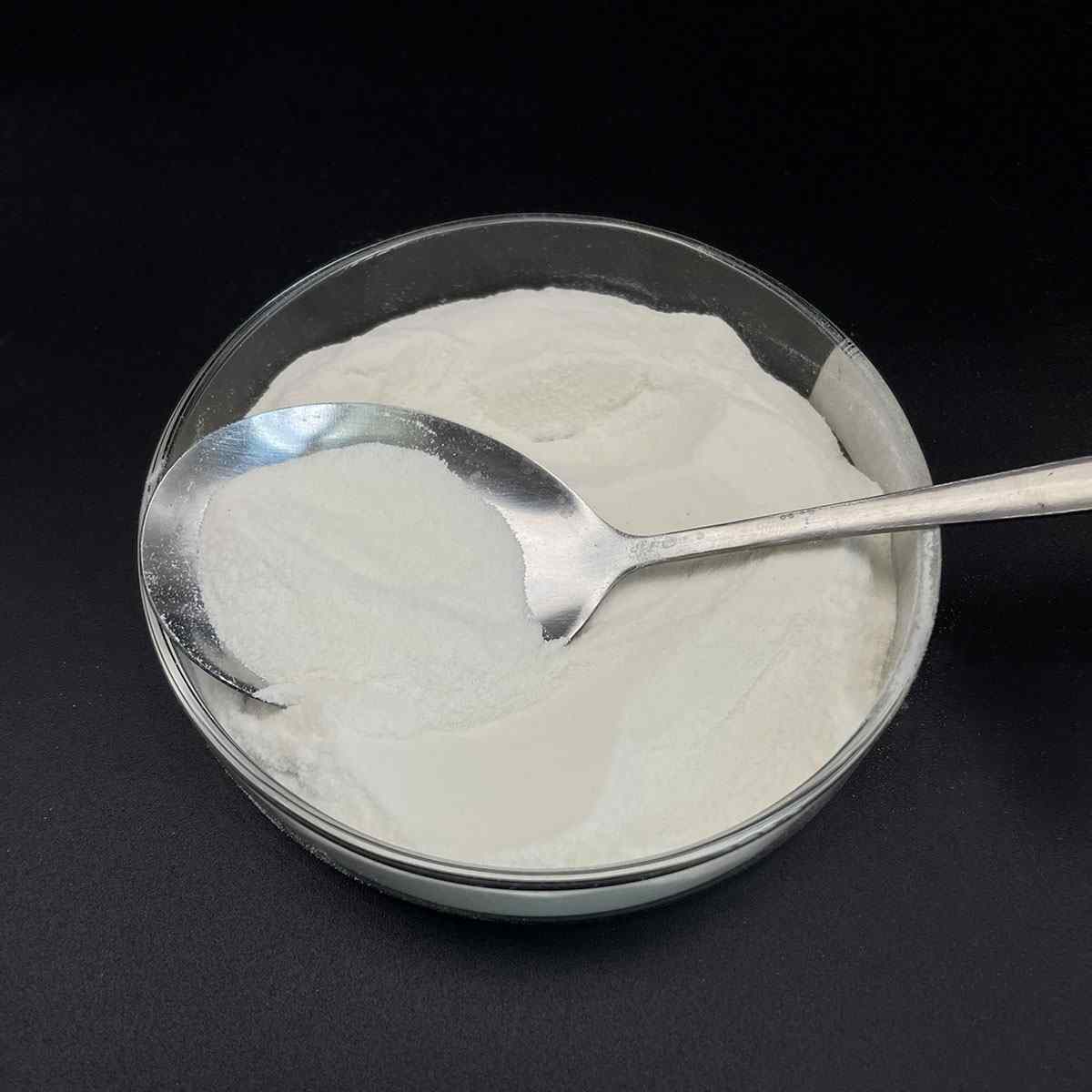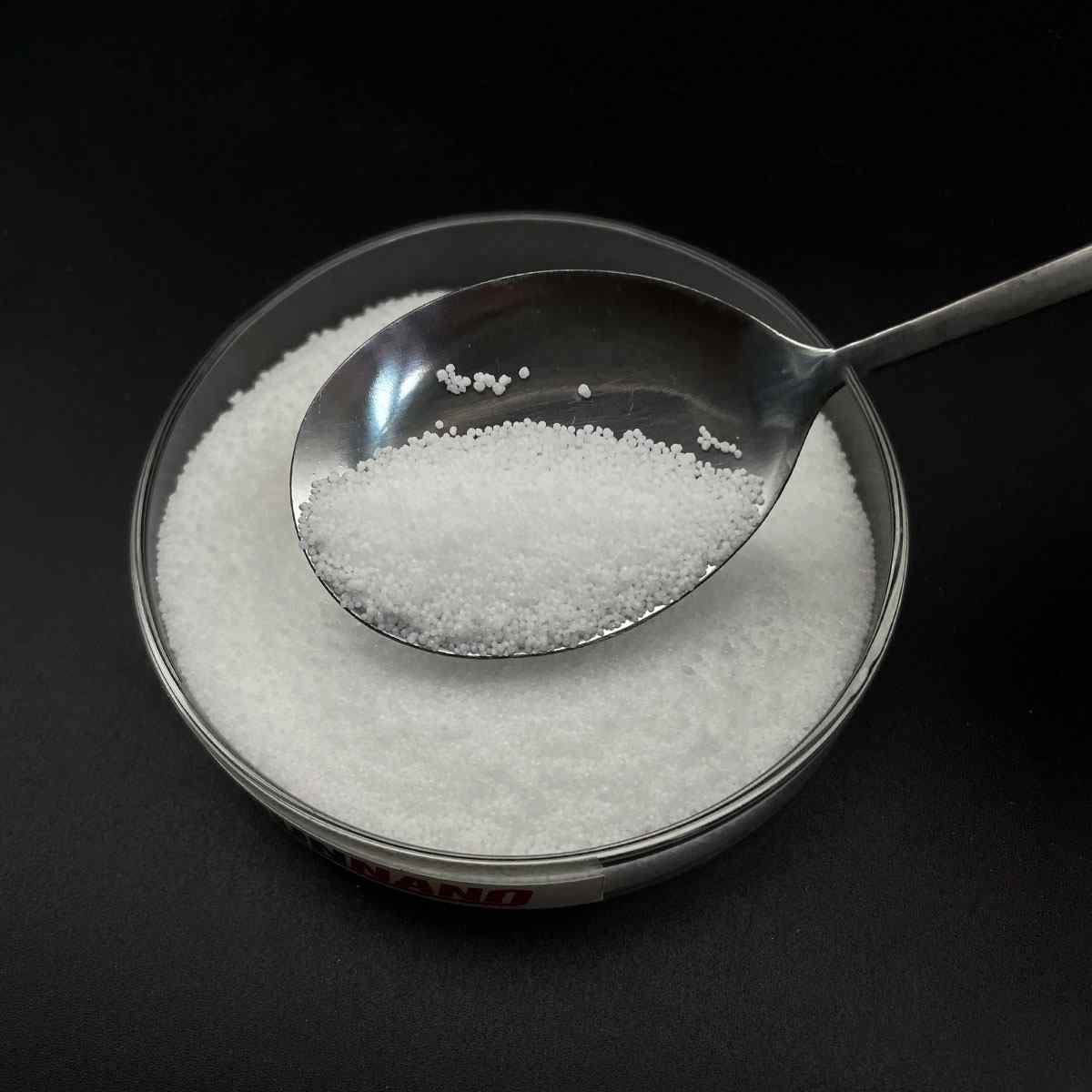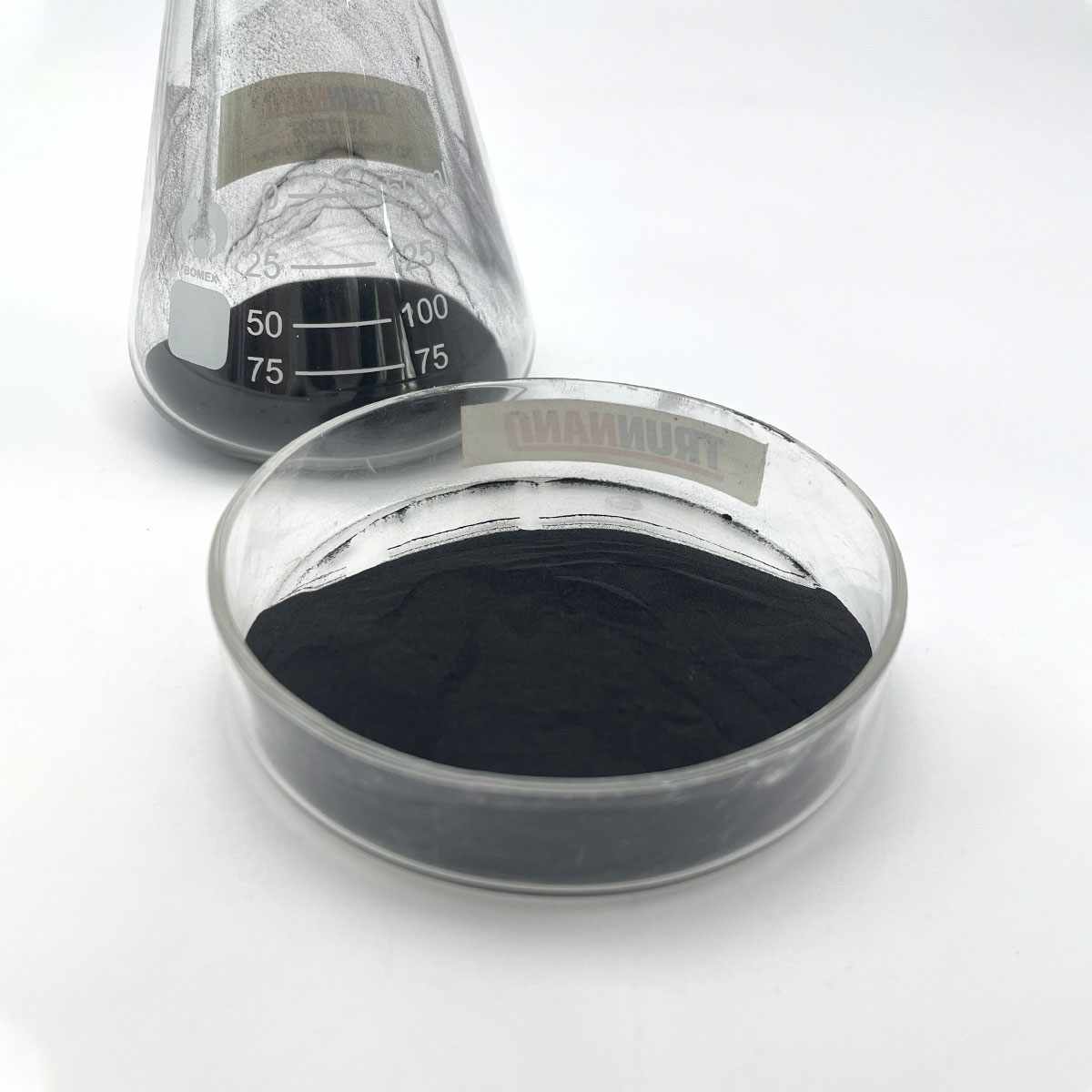Overview of Factory NbC Powder Niobium Carbide for Hard Alloy Additive
Metal powder is a common form of metal that has been processed into fine particles, ranging from a few micrometers to over 100 microns in diameter. It plays a crucial role in various industrial applications due to its unique properties and versatility.
Features of Factory NbC Powder Niobium Carbide for Hard Alloy Additive
Physical Characteristics
Particle Size: Ranging from nanometers to hundreds of micrometers, the size distribution significantly influences the powder’s flowability, packing density, and sintering behavior.
Shape: Particles can be spherical, irregular, flake-like, or dendritic, each shape affecting the final product’s mechanical properties and surface finish.
Purity: Depending on the production method, metal powders can achieve high levels of purity, critical for applications like electronics and aerospace where impurities can degrade performance.
Density: While less dense than their solid counterparts due to the presence of air between particles, metal powders can be densely packed during processing to approach the density of the solid metal.
Chemical Properties
Reactivity: Some metal powders, particularly aluminum and titanium, are highly reactive with air and moisture, necessitating careful handling and storage under inert atmospheres or vacuum.
Oxidation: Exposure to air can lead to surface oxidation, forming a passive layer that affects sintering and other processes. This can be managed through surface treatment or use of protective atmospheres.

(Factory NbC Powder Niobium Carbide for Hard Alloy Additive)
Parameters of Factory NbC Powder Niobium Carbide for Hard Alloy Additive
Niobium Carbide (NbC) powder, also known as NbC ceramic or superhard material, is a high-performance compound with exceptional properties that make it a popular choice for various applications in the field of hard alloy additives. This advanced material finds its significance in industries such as aerospace, automotive, cutting tools, and wear-resistant coatings due to its unique characteristics.
The manufacturing process of NbC powder begins with the selection of high-purity niobium (Nb) and carbon (C) sources. These elements are typically obtained through refining processes, ensuring minimal impurities for enhanced purity and performance. The mixture is then prepared, often through a combination of chemical vapor deposition (CVD), mechanical alloying, or sublimation techniques. These methods allow for the formation of fine particles with controlled grain sizes and crystal structures.
In CVD, a precursor gas containing niobium and carbon is introduced into a vacuum chamber, where it decomposes at elevated temperatures, forming a thin film of NbC. This film is then ground and annealed to achieve the desired powder form. Mechanical alloying, on the other hand, involves the grinding of pre-mixed powders under high pressure, promoting the formation of carbide compounds through mechanical energy.
Sublimation is another technique that exploits the direct conversion of solid Nb and C into the NbC phase by heating under high vacuum conditions. This method results in highly pure and homogeneous NbC powder without the need for grain growth during synthesis.
The key additive parameters of NbC powder include:
1. Particle size distribution: NbC powder is available in a range of particle sizes, from nano- to micrometer scales, to cater to specific application requirements. Smaller particles offer higher surface area and better mechanical properties, while larger ones provide improved handling and processing characteristics.
2. Purity: A high level of purity ensures fewer impurities, leading to enhanced hardness, wear resistance, and thermal stability. Typically, the purity level ranges from 98% to 99.9% to maximize performance.
3. Crystal structure: The NbC powder can have different crystal structures, such as hexagonal or cubic, depending on the synthesis method. Each structure affects the material’s mechanical properties and resistance to deformation.
4. Hardness: With a Vickers hardness of around 30-40 GPa, NbC is among the hardest materials, making it ideal for applications requiring extreme wear resistance.
5. Thermal conductivity: NbC possesses excellent thermal conductivity, which is beneficial for heat dissipation in high-temperature applications.
6. Chemical stability: The carbide nature of NbC offers resistance to corrosion and chemical attack, contributing to the material’s durability.
7. Coating compatibility: When incorporated into hard alloys, NbC powder enhances the overall performance by improving wear resistance, tool life, and machinability.
In conclusion, NbC powder is a versatile additive that significantly contributes to the enhancement of hard alloys’ properties. Its unique combination of hardness, thermal stability, and chemical inertness makes it an essential component in various industrial sectors. The careful control of synthesis parameters ensures the production of high-quality NbC powder tailored to meet the specific demands of different applications.

(Factory NbC Powder Niobium Carbide for Hard Alloy Additive)
FAQs of Factory NbC Powder Niobium Carbide for Hard Alloy Additive
Inquiry us






